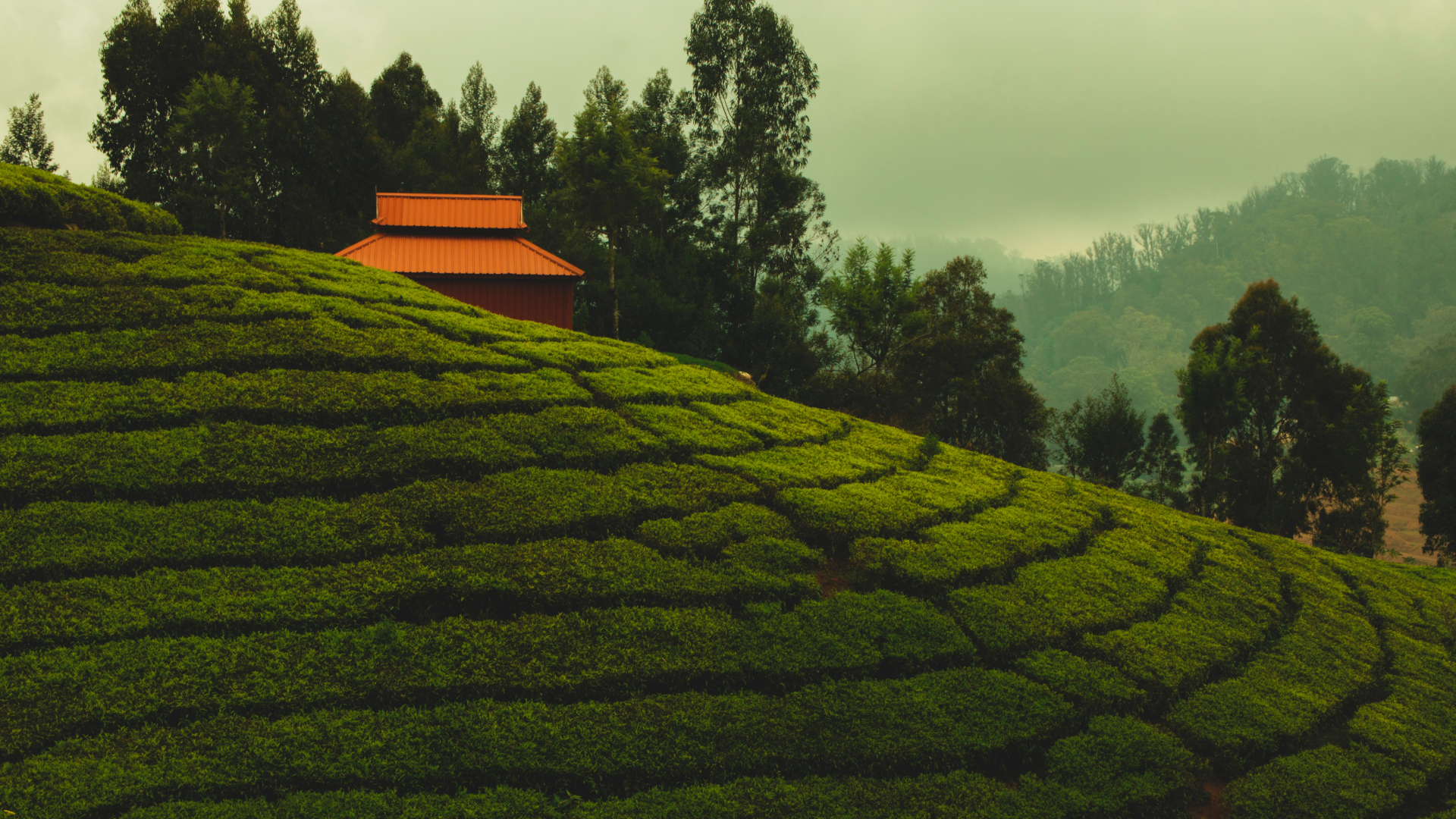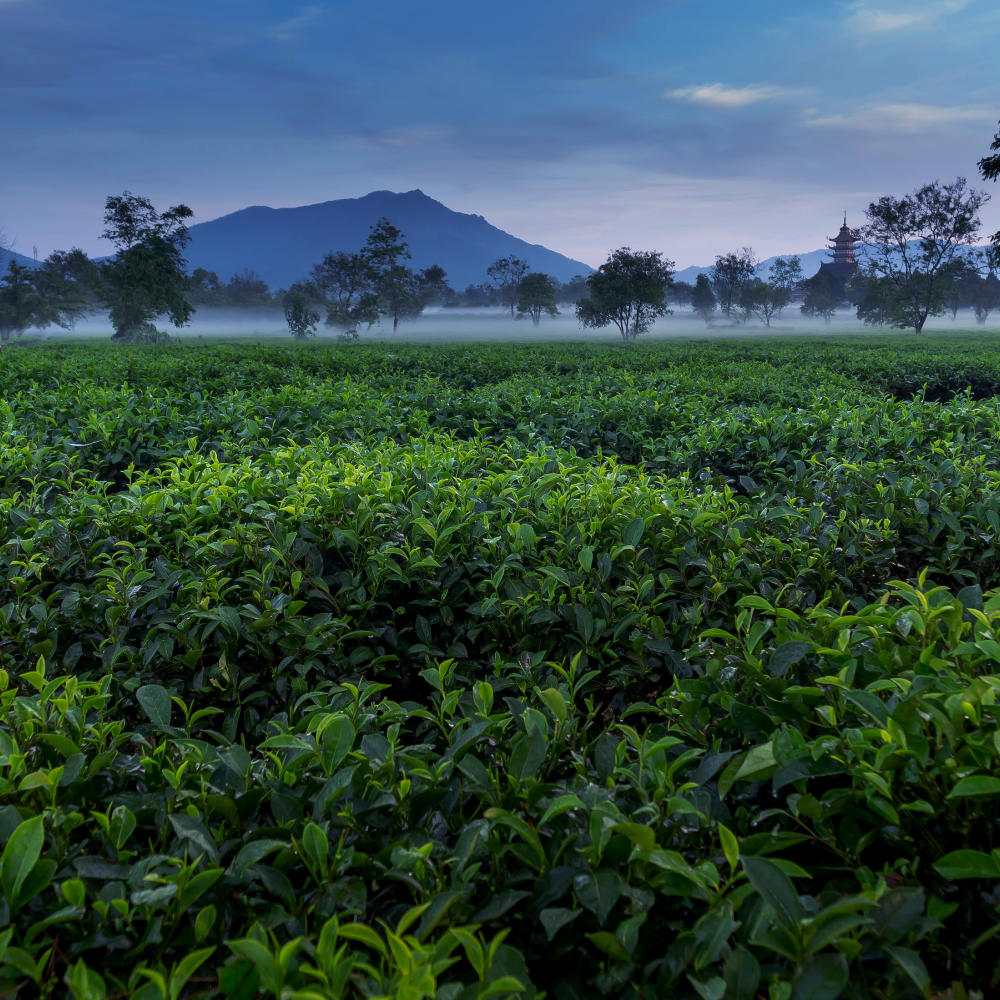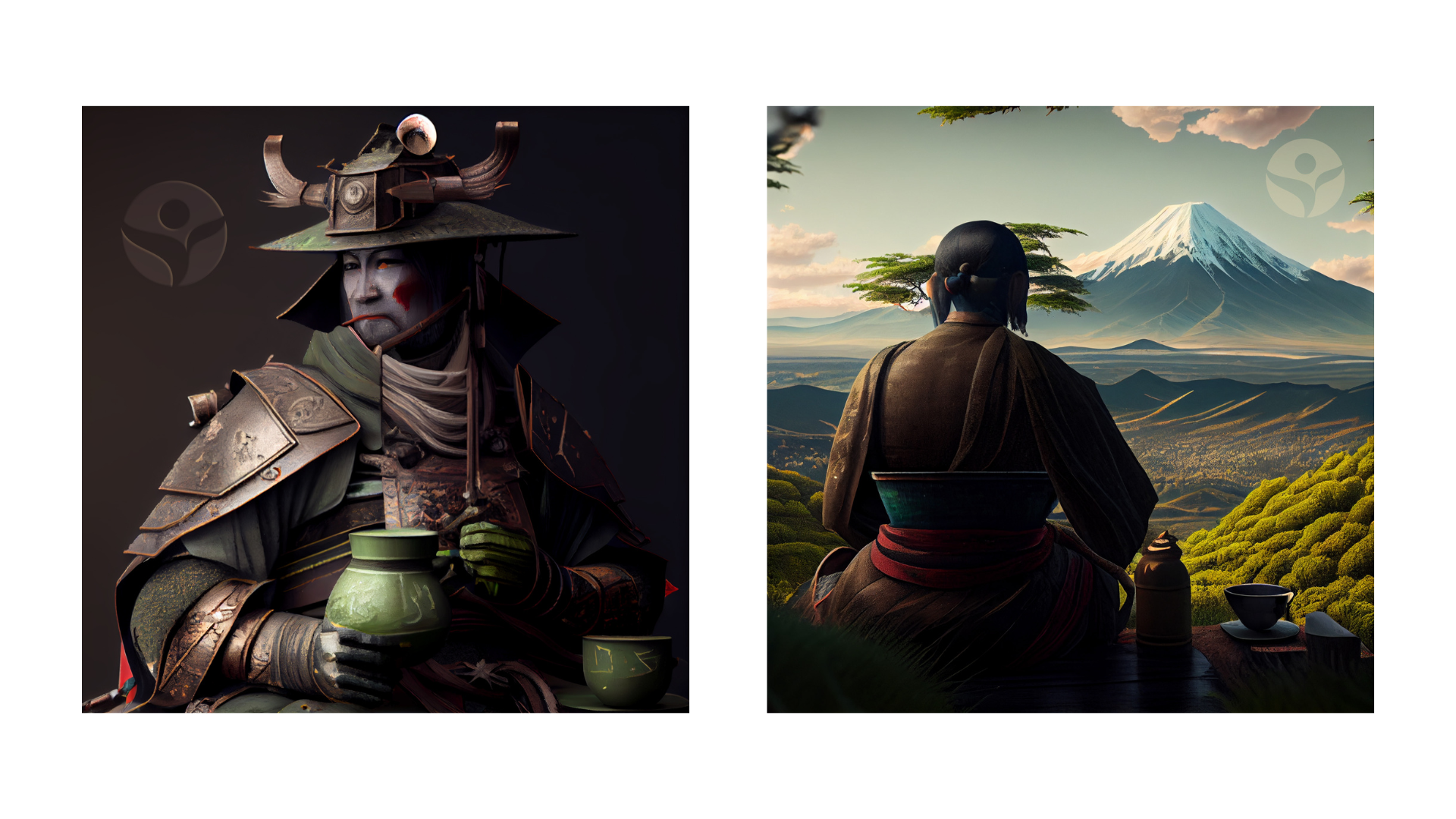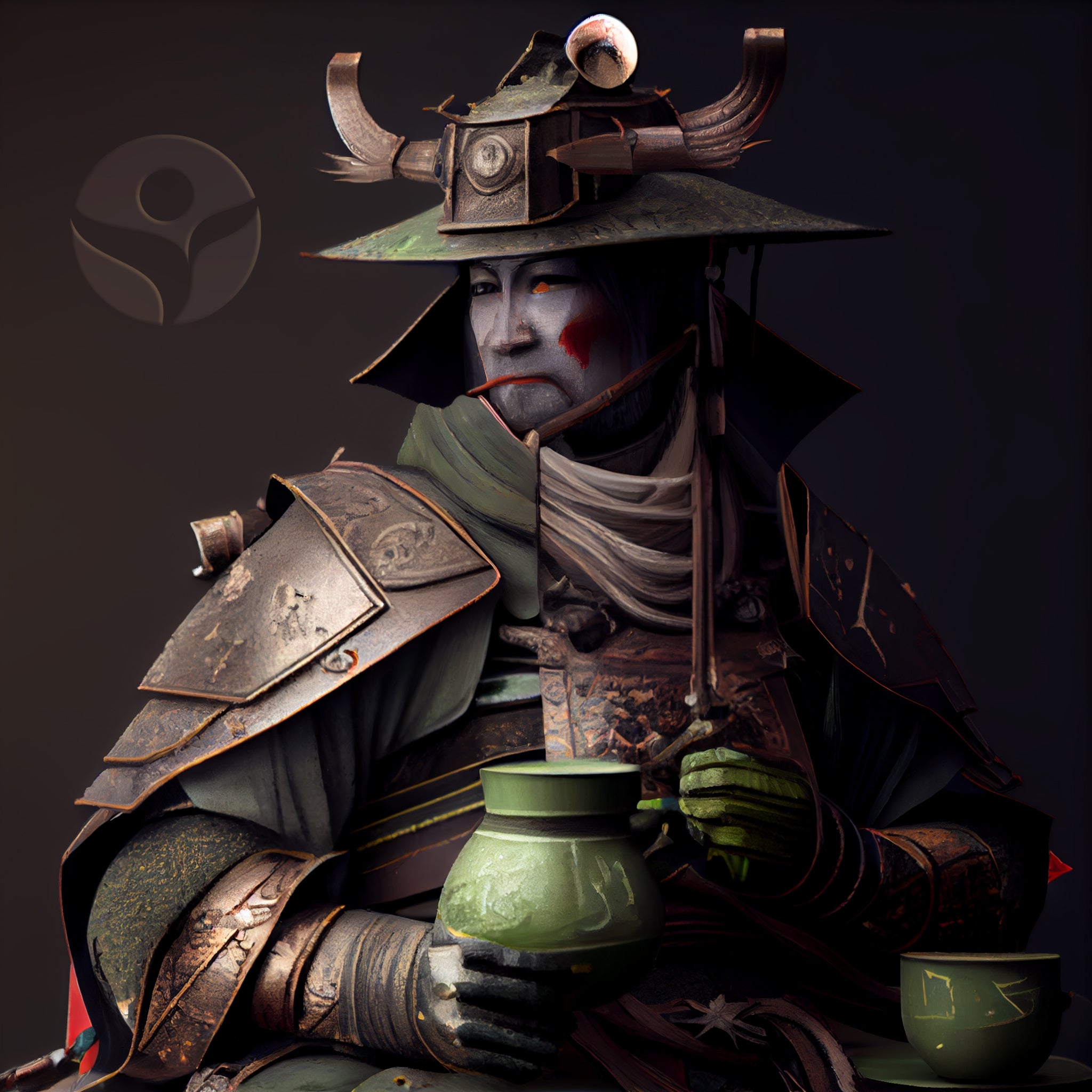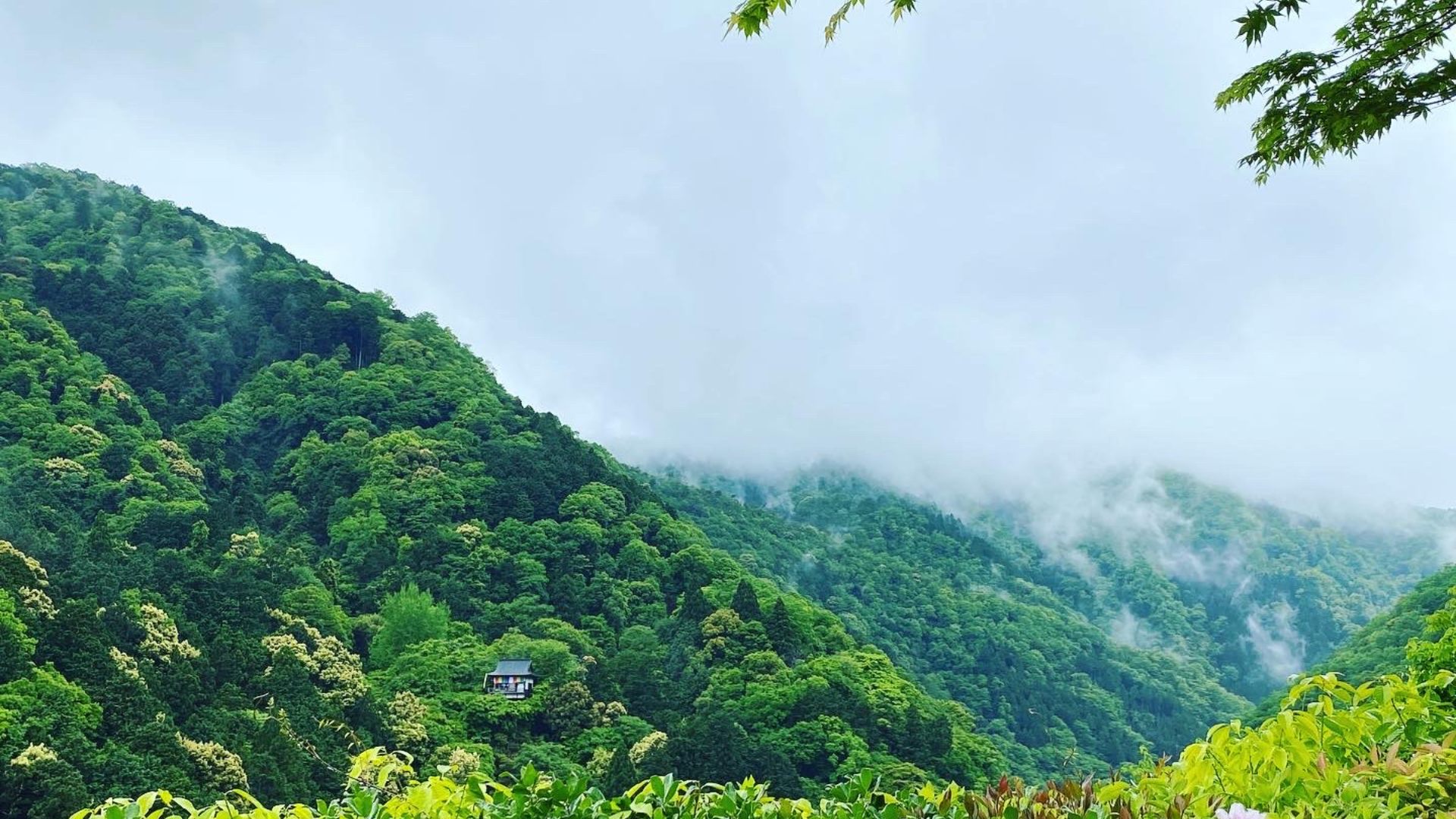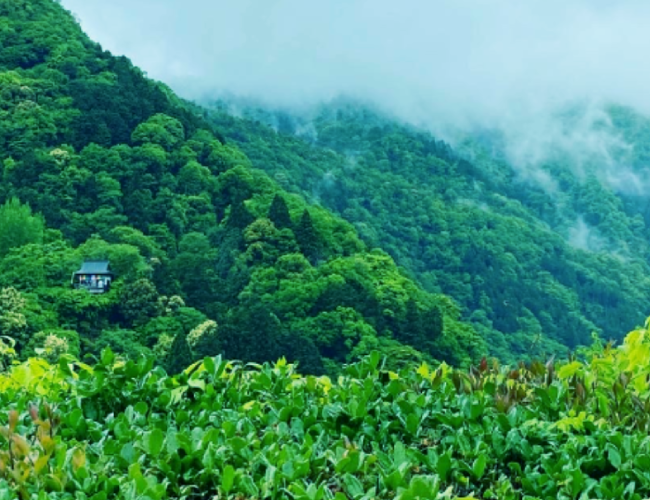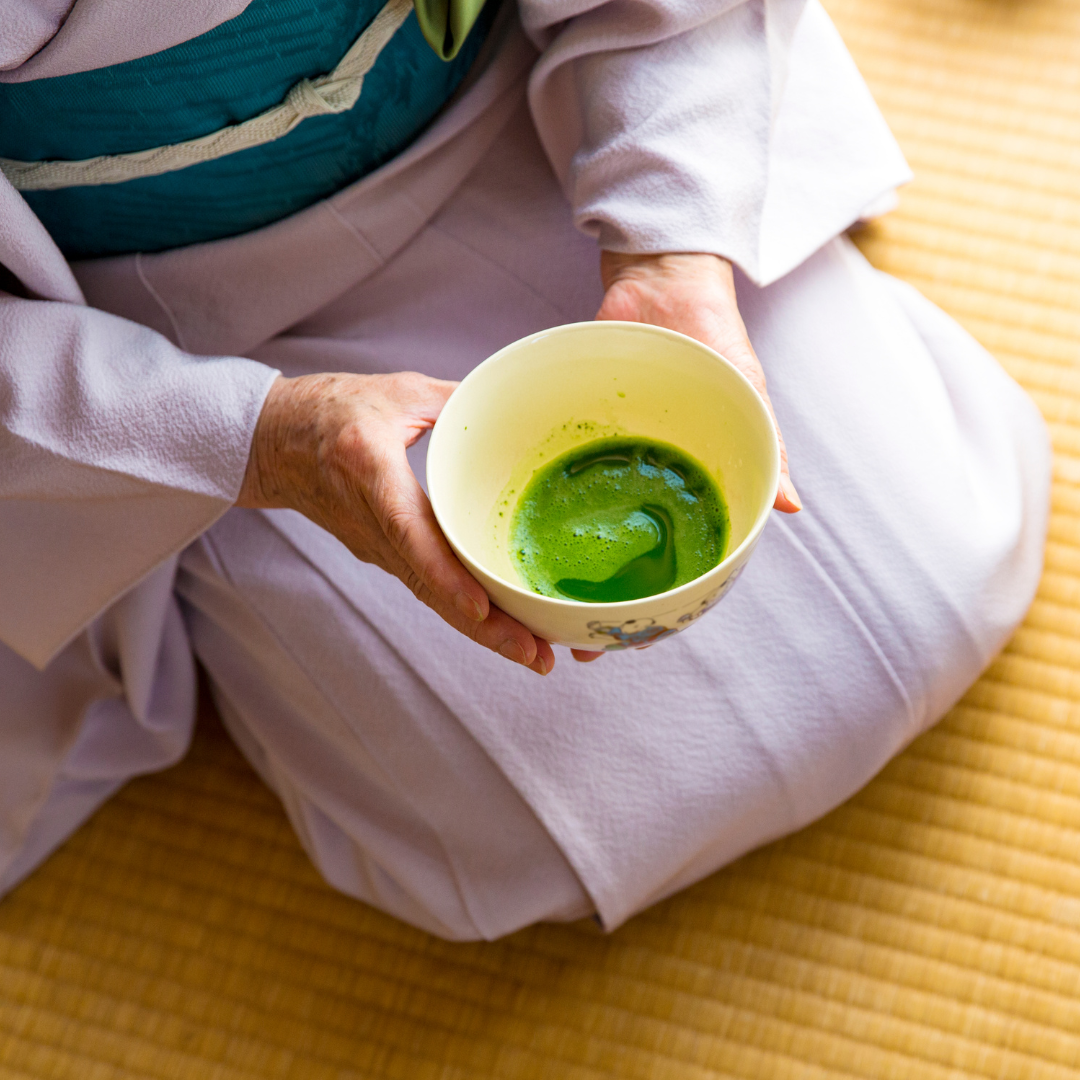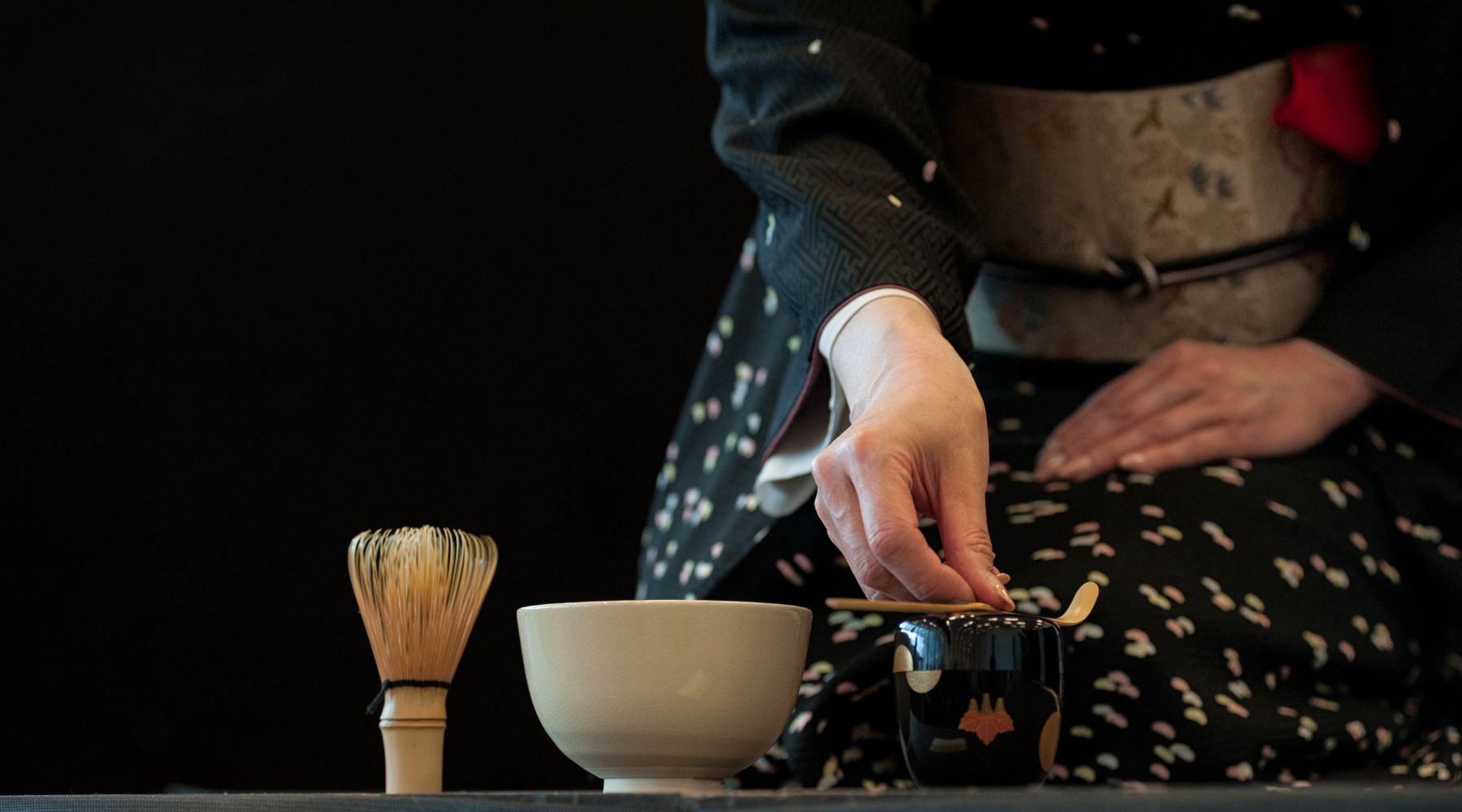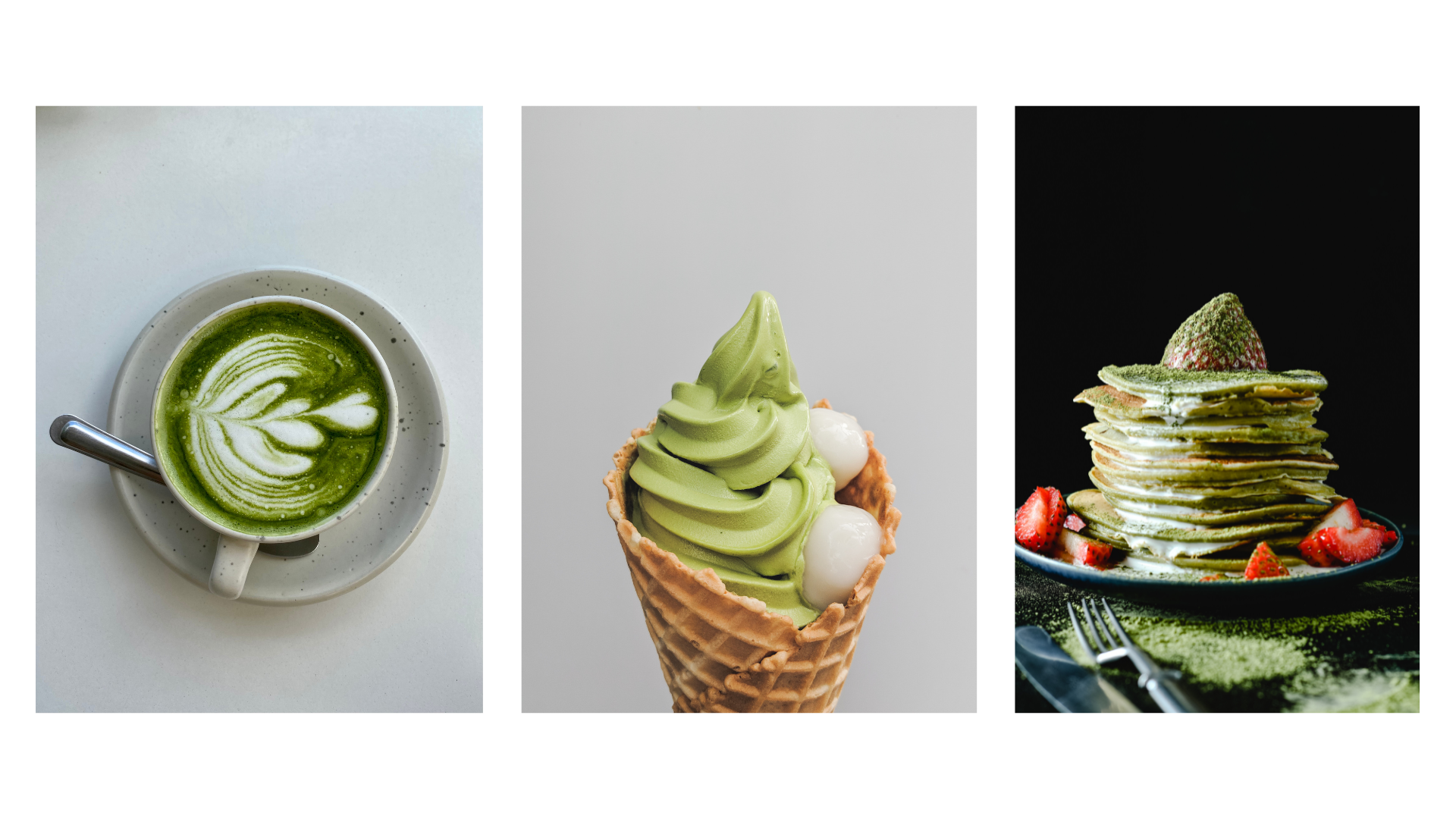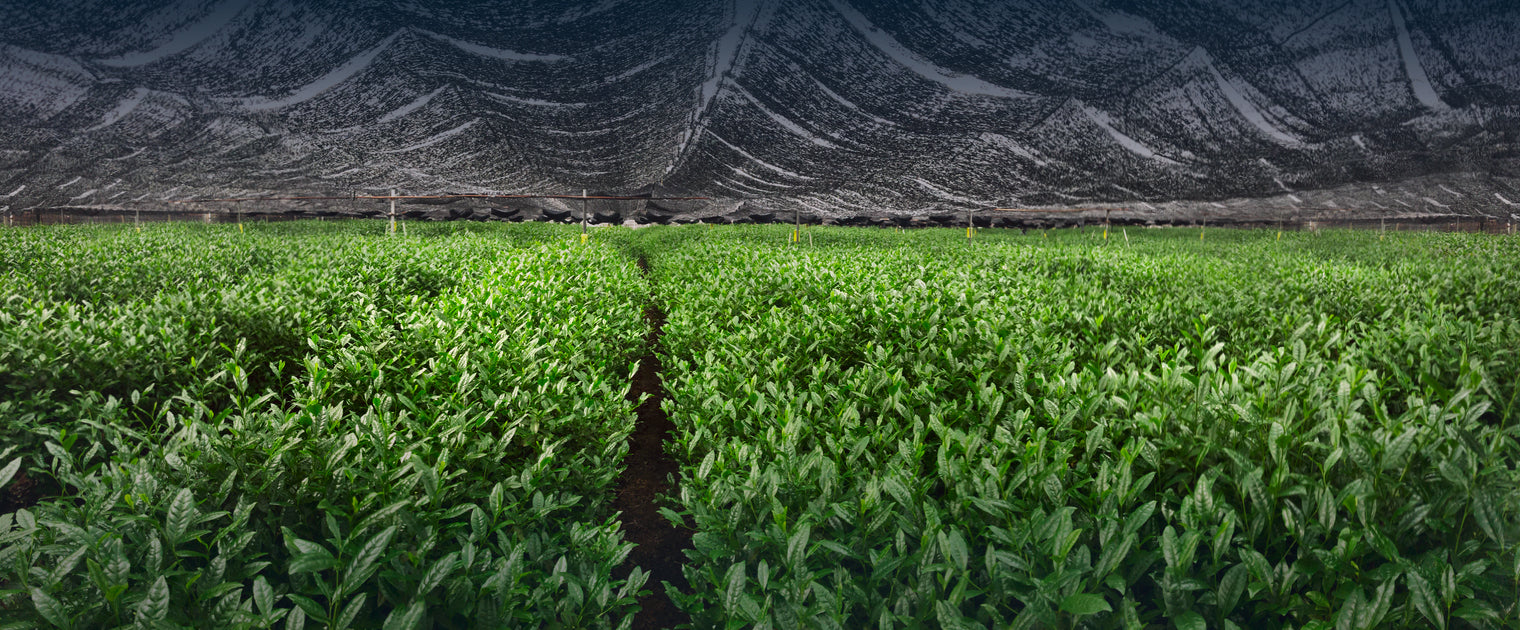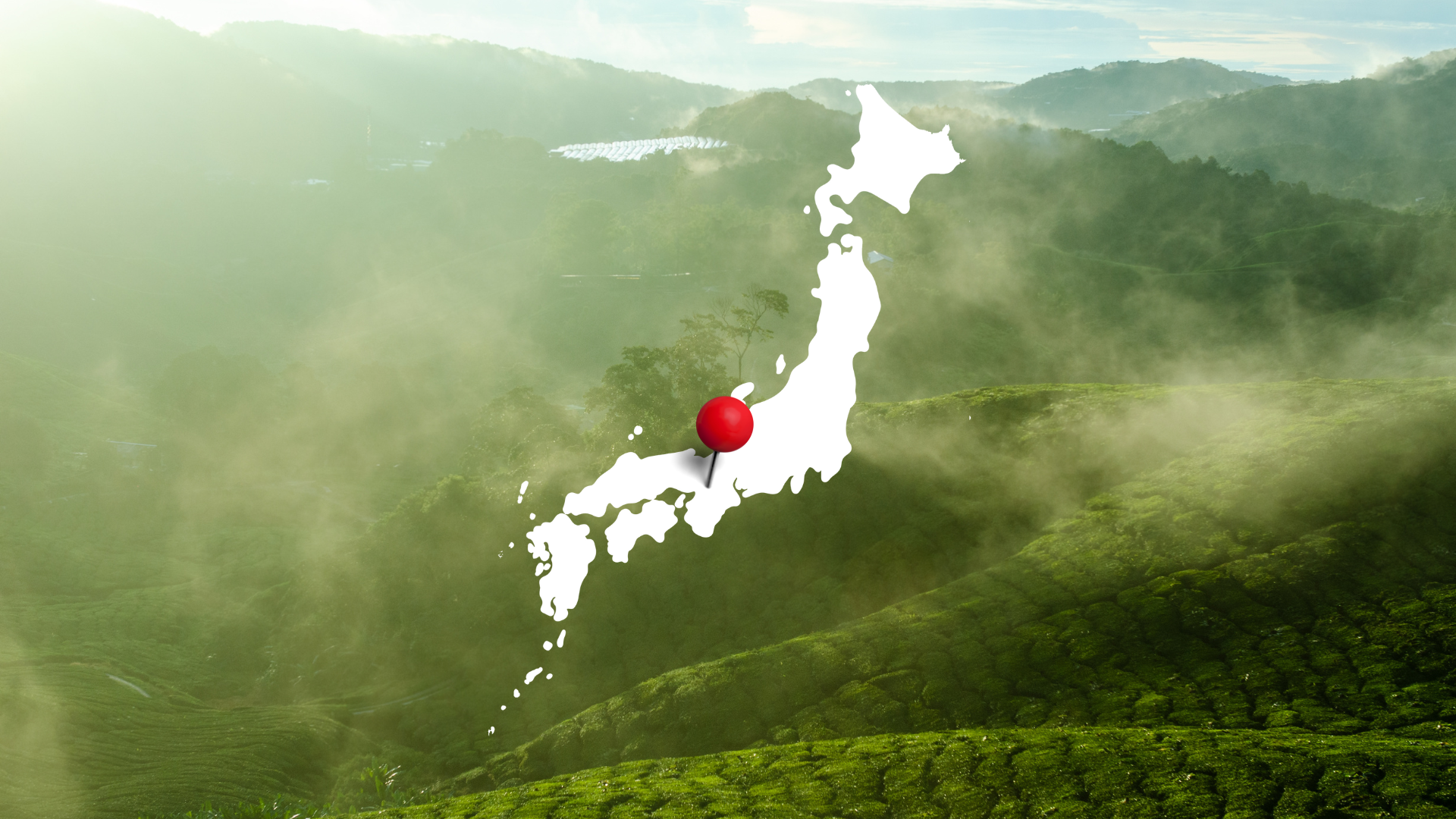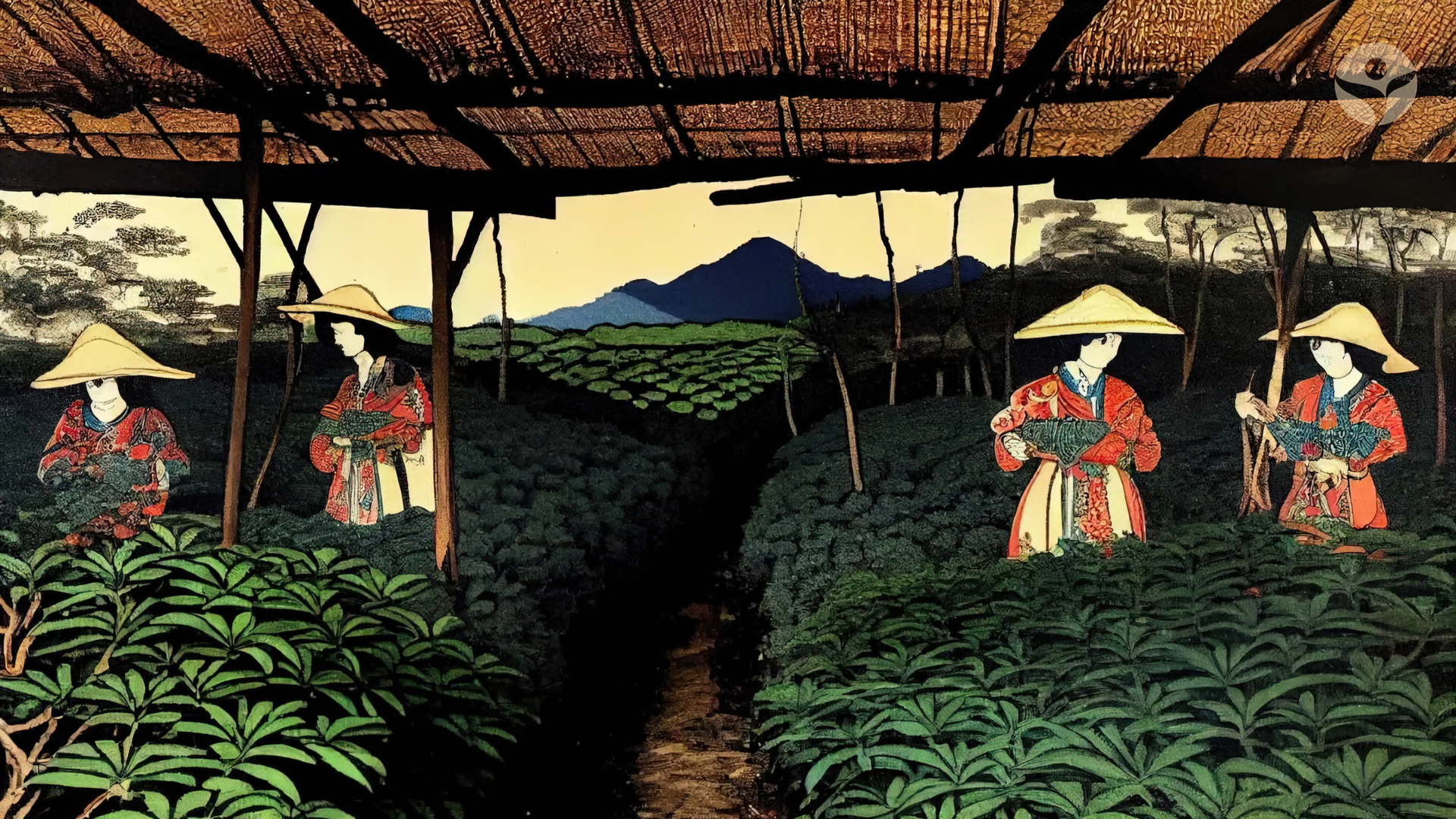
Uji Matcha Tea: The Pride of Japan
A Deep Dive into Its History, Significance, and Uniqueness
Historical Context
The tale of Uji matcha tea is deeply rooted in the historic city of Uji, nestled in the Kyoto prefecture of Japan. This city, known for its superior quality green tea since the 13th century, has been a significant contributor to the tea culture in Japan.
The tea cultivated in Uji was initially used for religious ceremonies in temples, and gradually gained popularity among the samurai class and eventually the common people. The tea from Uji was so revered that it was often referred to as "cha-no-gyoukou" or the "jewel among teas".
Origins in Uji
Uji, with its unique geographical features, including its misty climate, fertile soil, and the proximity to Uji river, provides the perfect conditions for tea cultivation. The tea leaves grown here are known for their vibrant green color and distinct flavor profile, which is the hallmark of Uji matcha tea.
The tea from Uji is often considered the highest grade of matcha available, and it's not uncommon to find tea connoisseurs worldwide seeking Uji matcha for its unparalleled quality.
Traditional Uses
Traditionally, Uji matcha tea was used in tea ceremonies, a ritualistic preparation and presentation of matcha. The tea ceremony, or 'chanoyu', is deeply rooted in Japanese culture and is a symbol of peace, harmony, and happiness.
The tea ceremony is not just about drinking tea, but also about appreciating the aesthetics, such as the design of the tea bowl and the surrounding garden. You can learn more about the Japanese tea ceremony here.
Cultural Importance
Uji matcha tea holds a significant place in Japanese culture. It's not just a beverage, but a way of life and a reflection of the philosophy of Zen Buddhism.
The process of preparing and consuming Uji matcha tea encourages mindfulness and a sense of tranquility.
Evolution Over Time
Over the centuries, the popularity of Uji matcha tea has transcended beyond the borders of Japan. It is now enjoyed by people worldwide for its health benefits and unique taste.
Today, Uji matcha tea is not just limited to tea ceremonies but is also used in various culinary creations, including matcha lattes, ice creams, and desserts.
Uji Region: Geographical Features, Climate, and Soil
The Uji region, with its fertile soil, misty climate, and clean water from the Uji river, provides the ideal conditions for growing high-quality tea leaves. The tea leaves are shade-grown, which helps in enhancing the flavor and the nutritional content of the tea.
Uji's Role in Tea Production
Uji is not just known for its high-quality matcha tea, but also for its innovative tea cultivation and processing techniques.
The tea farmers in Uji have mastered the art of tea cultivation over centuries, and their dedication and passion are evident in the exceptional quality of Uji matcha tea.
Significance of Uji in Matcha History
Uji's contribution to matcha history is unparalleled. It is in Uji that the tea seeds from China were first planted, and it is here that the tradition of tea ceremonies originated. You can learn more about the history of matcha here.
The city is home to some of the oldest tea houses in Japan and continues to upholdits rich tea tradition. The city's tea production accounts for about 4% of Japan's total tea production, a testament to its significant role in the country's tea industry.

